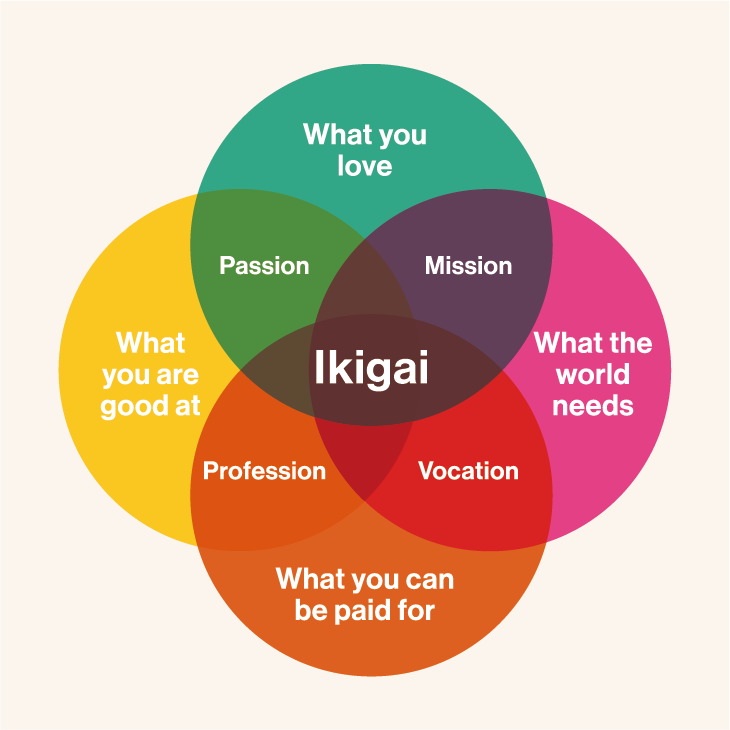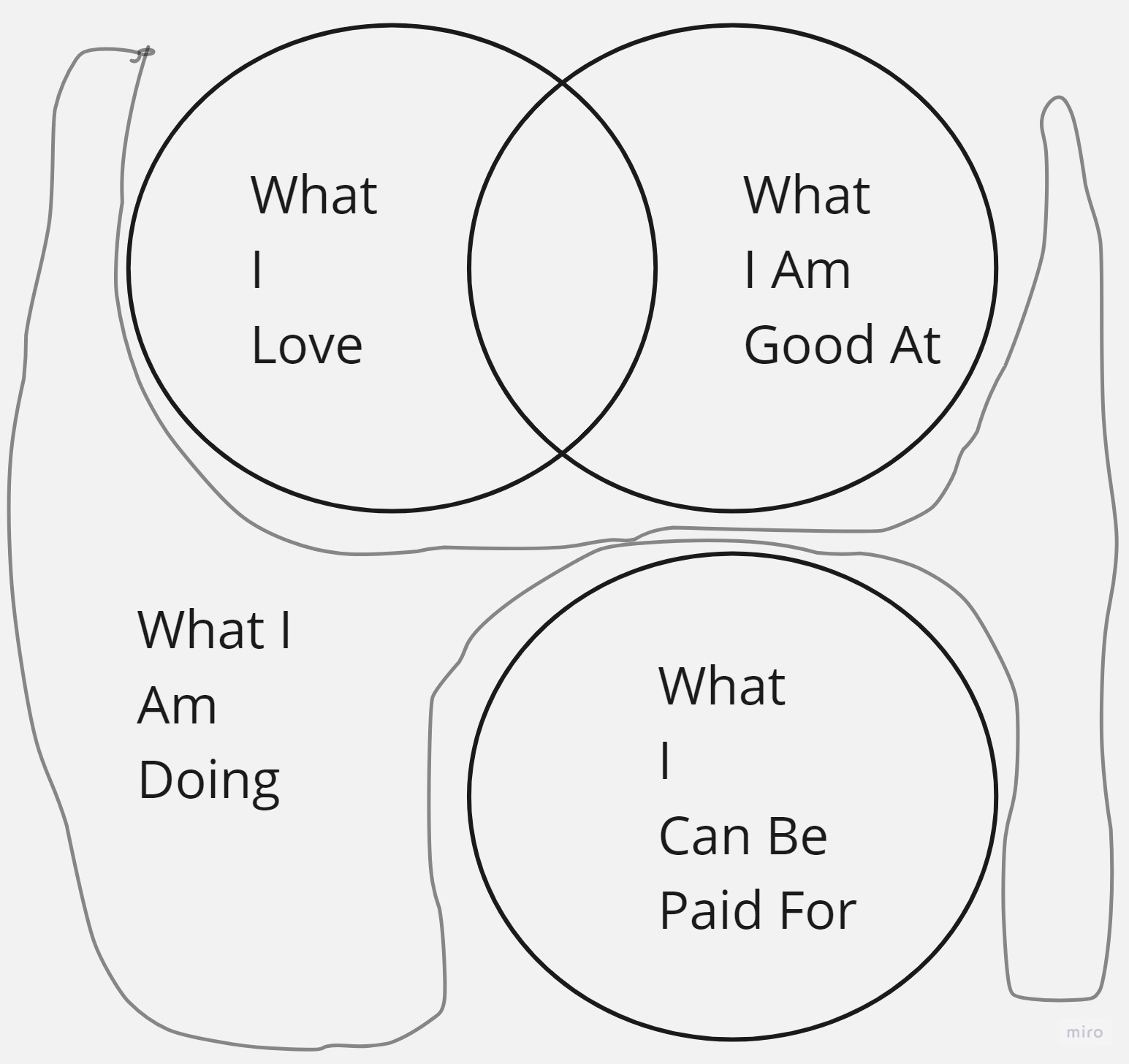Hi, before going ahead, please acknowledge that this blog shares and analyses the self-development idea from a young adult’s perspective. It will not concern what is wrong or right, but only an alternative point of view for everyone to take into account, especially Gen Z fellows.
Gen Z
We are currently living in the most peaceful century in the human history and our quality of life has improved significantly since the hunter-gatherer period. This full life has allowed people to invest their time and resources into researching and developing state-of-the-art achievements, such as the internet infrastructure and medicines, which have made our lives more comfortable. Furthermore, most countries are open to visitors and international students, enabling travel to any part of the world. Essentially, we have all the necessary components for a normal life without worrying about famine, disease, war, or even distance. Despite these advantages, many young adults struggle to find a sense of purpose in life or adopt an apathetic attitude. Is this because modern life is more complex and challenging? Or is it a matter of mindset?
Self-developer
Another way of thinking is self-development, which is the process of learning new things and building new skills—skills that help us increase our chances of success, achieve our goals, and manifest our dreams. Honestly, I punned this concept into a new noun: self-developer – because this blog refers to the reader – human – rather than a philosophy and I am a software developer also (no worries, we won’t code here 😆). A self-developer simply means a person who strives to be better every day than one was yesterday.
There are countless articles and tips available on this topic, such as “7 practical ways to improve your life” or “9 tips for how to find success in life” which you can easily find through a simple search using ChatGPT. However, how can we remember those tips and apply them to various situations when there are billions of wise pieces of advice out there?
To answer this question, we have to know what a “self-developer” will develop. It is pretty obvious, one’s self. But then how? What should we do next? Do we need to push up 1000 times, read ten books, and meditate for one hour the following day? Actually, “Oh no – thank you!”. In fact, we need to zoom in on ourselves more.
Everyone is made from these following three parts, regardless of nationality, gender, and skin:
- Body: the physical, your beauty 🙂
- Spirit: the soul, the non-physical part, the seat of emotions and character.
- Mind: the knowledge, consciousness, experiences, etc., all of which enable you to be aware of the world.
By focusing on these elements, we can easily classify and apply practical ways from the many pieces of advice available on Google, and thus may not even need to remember any tips at all.
The triad
“What is the world’s most expensive bed?
The hospital bed.
You, if you have money, you can hire someone to drive your car, but you cannot hire someone to take your illness that is killing you.”
Steve Jobs.
Many of us know the importance of health, but we often find ourselves seduced by various temptations. What are we willing to sacrifice our health for?
- Eating
- Sleeping
- Sex
This does not mean that we should fast or sleep less to be healthier. Instead, we should manage these things under our control. For example, everyone desires to eat delicious food, but managing the consumption of junk food or excessively sweetened foods can be challenging. To protect our health in the long term, we need to have a serious plan and discipline. Exercises and a healthy diet play a key role in a person’s well-being, which can positively affect one’s work or academic performance.
“It makes sense that what we put in our body would also impact our mental health,” says Dr. Deborah Fernandez-Turner, Deputy Chief Psychiatric Officer at Aetna. “Good health describes a condition of optimal well-being. That means the body and the mind, operating in harmony. Both are equally important when defining your health journey.”
It is widely known that nutrition plays a key role in your physical health. Studies also show that nutrition directly affects our mental and emotional well-being. Regulating what you eat is hard, but controlling your emotions is even more difficult.
The “spirit” is a vague element to demonstrate and requires much effort and time to grasp. In other words, spirituality often relies on an individual’s beliefs and religion. However, to improve our “spirit,” we must identify what makes it worse and eliminate those factors step by step. Five main vices exist within our thinking over time:
- Greed
- Anger
- Stupidity
- Conceit
- Distrust
To be honest, this is one of the most challenging journeys for us to undertake and demands high self-reflection and continuous discipline. For example, a hot-tempered person may have to practice meditation for years or take deep breaths during tense situations to…. Fortunately, recognising one’s problems is already an 80% healing moment.
“We are what we eat and what we read”.
Last but not least, the “mind” or intellect is humanity’s all-time worship, from the dawn of our civilization. Historians almost always wrote about talented generals and their sharp strategies with respectful attitudes, such as Napoleon Bonaparte or Genghis Khan. From Norse to Greek mythology, there is always a god or goddess of knowledge and wisdom that proves that even ancient people were attracted by intellect regardless of geography. The mind is similar to a tool that determines what is wrong or right, makes decisions, and responds to situations. A sharp tool will bring many benefits to the subject and others, while a blunt one might not.
Nowadays, the knowledge playground is open to everyone. You only need a computer connected to the internet to learn and gain knowledge. Moreover, obtaining the right mindset, such as a growth mindset or a focused mindset, is also worthwhile.
“In the past, people went online to gain knowledge. Now, they must have enough knowledge to go online.”
Passion

Figure 1: their Ikigai
Passion is the most popular or traditional way for many people to move forward and evolve. In Japanese words, we should chase our Ikigai for a joyful life! However, Ikigai is sometimes an illusion when not all of us can encounter the fitting one in our entire life.

Figure 2: my Ikigai
There are only a few young people who can choose the right career for the first time. Not everyone selects their Ikigai university when they are only 17 or 18. The solution is to strive to experience as much as possible to increase the probability of encountering the right one.
Drawbacks
Before a spaceship can escape from gravity, it requires a tremendous force that can push the whole of itself forward. This works the same with people in the safe zone who desire to change, step out, and accelerate, which means it will be uncomfortable the whole time. Everything has two sides; if we want to achieve something, we must accept another side. Burnout or side effects (negative thinking, metal sickness…) are good examples of the drawbacks and consequences of the self-development journey.
Conclusion
We thoroughly examined every aspect of an individual and identified potential obstacles that could be eliminated or improved upon to enhance one’s well-being. By gaining a deeper understanding of this field, you will have more options to choose from in terms of improving your lifestyle. It is worth noting that self-improvement is not the only path to a better life. Sometimes, simply living according to your preferences can be just as fulfilling. For instance, pursuing hobbies or interests that bring you joy can greatly improve your overall happiness and well-being. Additionally, maintaining healthy relationships with loved ones and engaging in regular physical activities can also contribute to a more fulfilling life. So while self-improvement is certainly important, it is not the only factor to consider when striving for a happy and fulfilling life.
